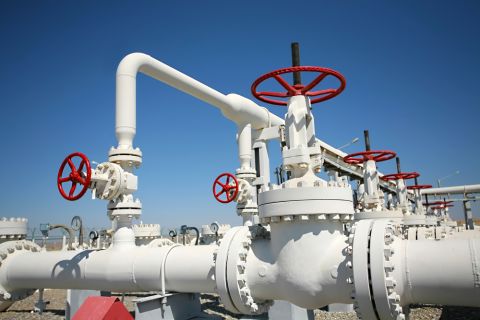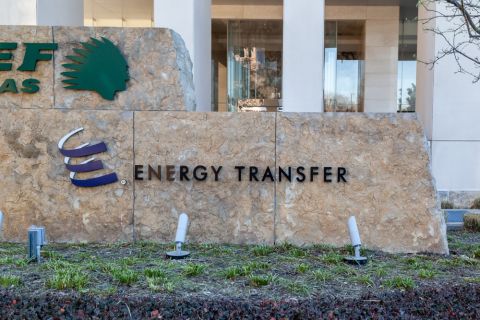Technical problems cut the oil output from Eni SpA’s Arctic Goliat Field off Norway by almost 40% during the first ten months of last year, although the issues have since been resolved, the Italian company’s local unit told Reuters.
The field, which started production in March 2016, has experienced long unplanned outages during its first years of operation, with Norwegian authorities forcing Eni to temporarily shut the field due to safety issues in one instance.
Production stabilized in 2018, but new problems appeared last year, according to operator Vaar Energi, which is 69.6% owned by Eni.
“We had challenges with our compressor regularity and longer turnarounds...last year. We also had to replace a few gas lift valves impacting production,” Vaar Chief Executive Kristin Kragseth told Reuters.
“These issues have now been solved,” she added.
The Goliat Field is 65% owned by Vaar and 35% by Equinor.
The field’s January-October output fell to about 38,800 barrels of oil per day (bbl/d) from about 64,400 bbl/d in 2018, the latest available data from the Norwegian Petroleum Directorate (NPD) showed.
Goliat’s floating production and storage platform has a production capacity of 100,000 bbl/d.
The field also produced about 0.7 billion cubic meters of associated natural gas, but it was injected back into the reservoir due to a lack of available export options.
Norway’s offshore gas system operator Gassco said on Jan. 13 the best options to export gas from the Barents Sea would be to expand the Equinor-operated LNG plant near Hammerfest or to build a new pipeline.
Gassco also said that Vaar Energi was looking into an option to build a small LNG plant to export associated gas from Goliat and its nearby Alke gas discovery.
“We are progressing various alternatives to see how we can mature that into actual project development. We are looking at various concepts,” Kragseth said.
Vaar Energi aims to choose the development concept by spring 2021, she added.
Kragseth said she expected Vaar Energi's production to be around 300,000 barrels of oil equivalent per day in 2020, similar to last year.
The company aims to reach 350,000 bbl/d by 2023 thanks to several new projects coming onstream, including the Balder field redevelopment in second-half 2022.
Private equity firm HitecVision owns 30.4% of Vaar.
Recommended Reading
Ozark Gas Transmission’s Pipeline Supply Access Project in Service
2024-04-18 - Black Bear Transmission’s subsidiary Ozark Gas Transmission placed its supply access project in service on April 8, providing increased gas supply reliability for Ozark shippers.
Kinder Morgan Sees Need for Another Permian NatGas Pipeline
2024-04-18 - Negative prices, tight capacity and upcoming demand are driving natural gas leaders at Kinder Morgan to think about more takeaway capacity.
Scathing Court Ruling Hits Energy Transfer’s Louisiana Legal Disputes
2024-04-17 - A recent Energy Transfer filing with FERC may signal a change in strategy, an analyst says.
Balticconnector Gas Pipeline Will be in Commercial Use Again April 22, Gasgrid Says
2024-04-17 - The Balticconnector subsea gas link between Estonia and Finland was damaged in October along with three telecoms cables.
Targa Resources Ups Quarterly Dividend by 50% YoY
2024-04-12 - Targa Resource’s board of directors increased the first-quarter 2024 dividend by 50% compared to the same quarter a year ago.




